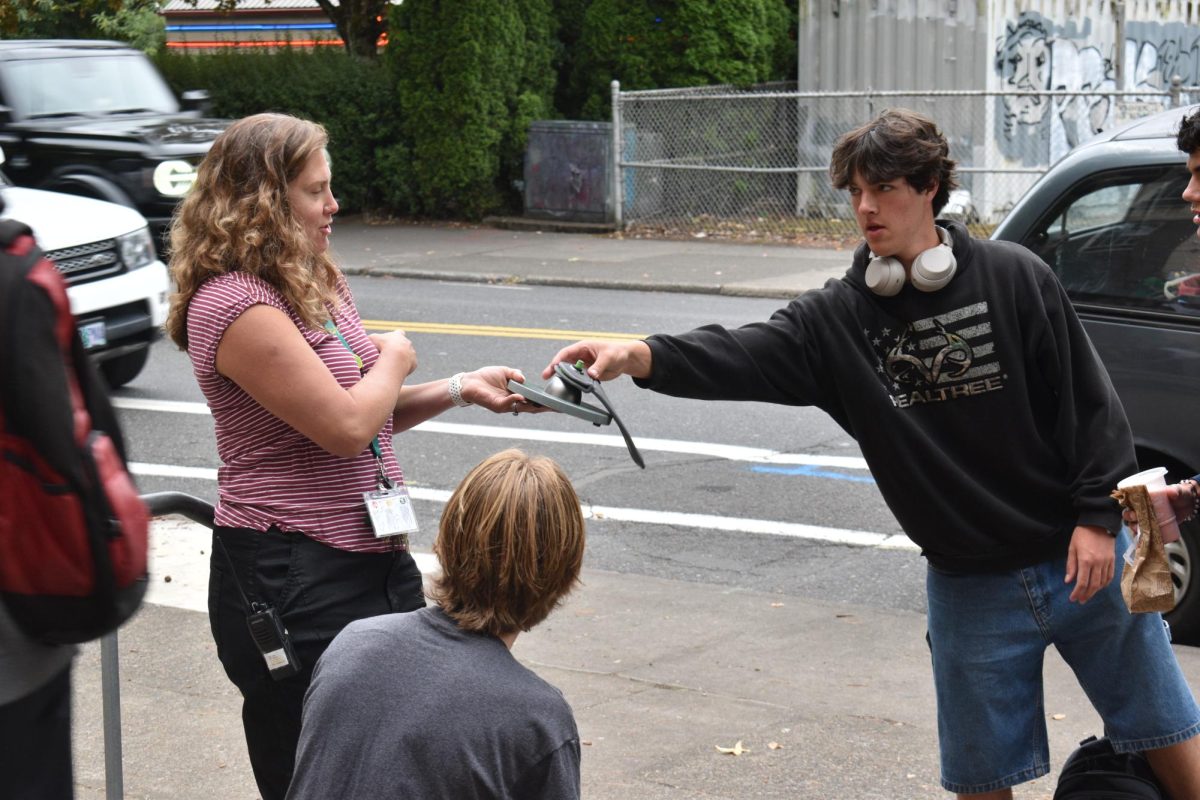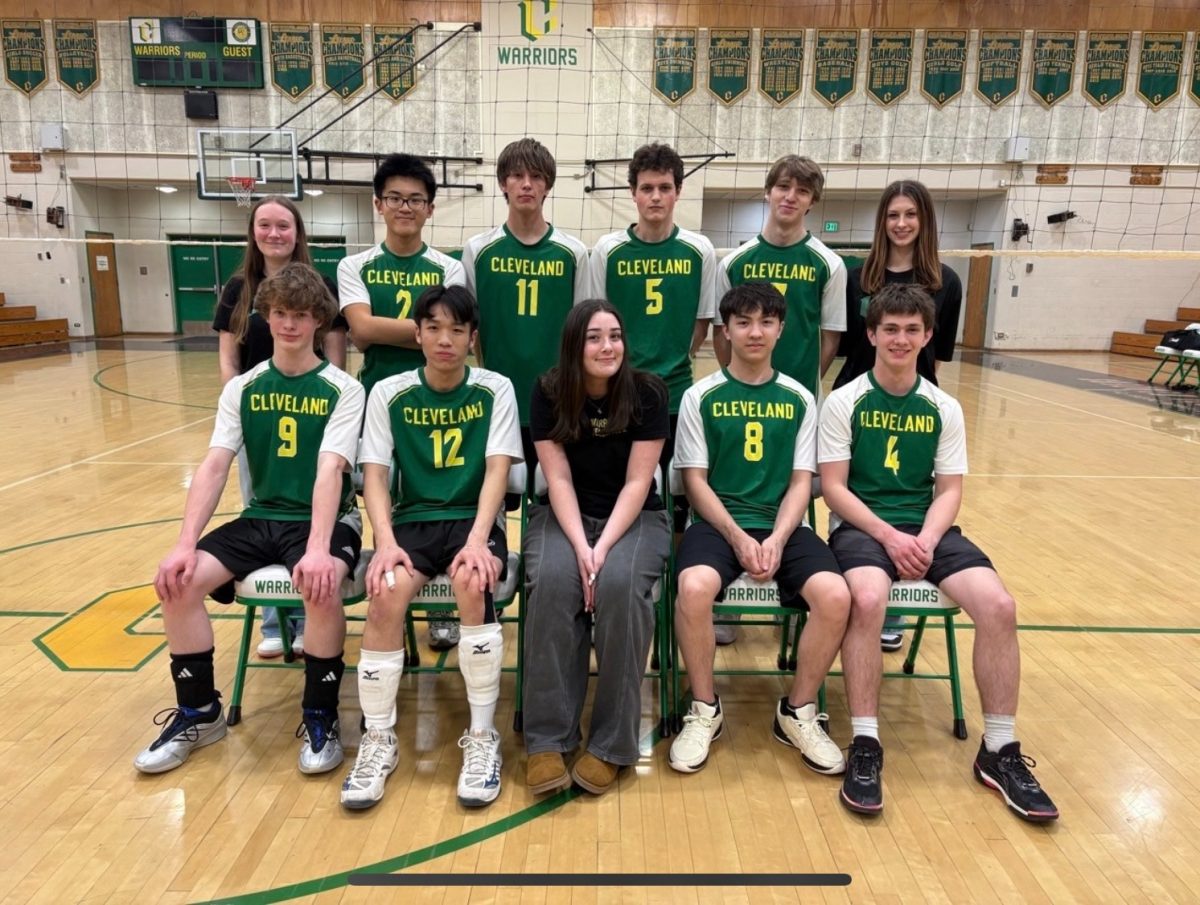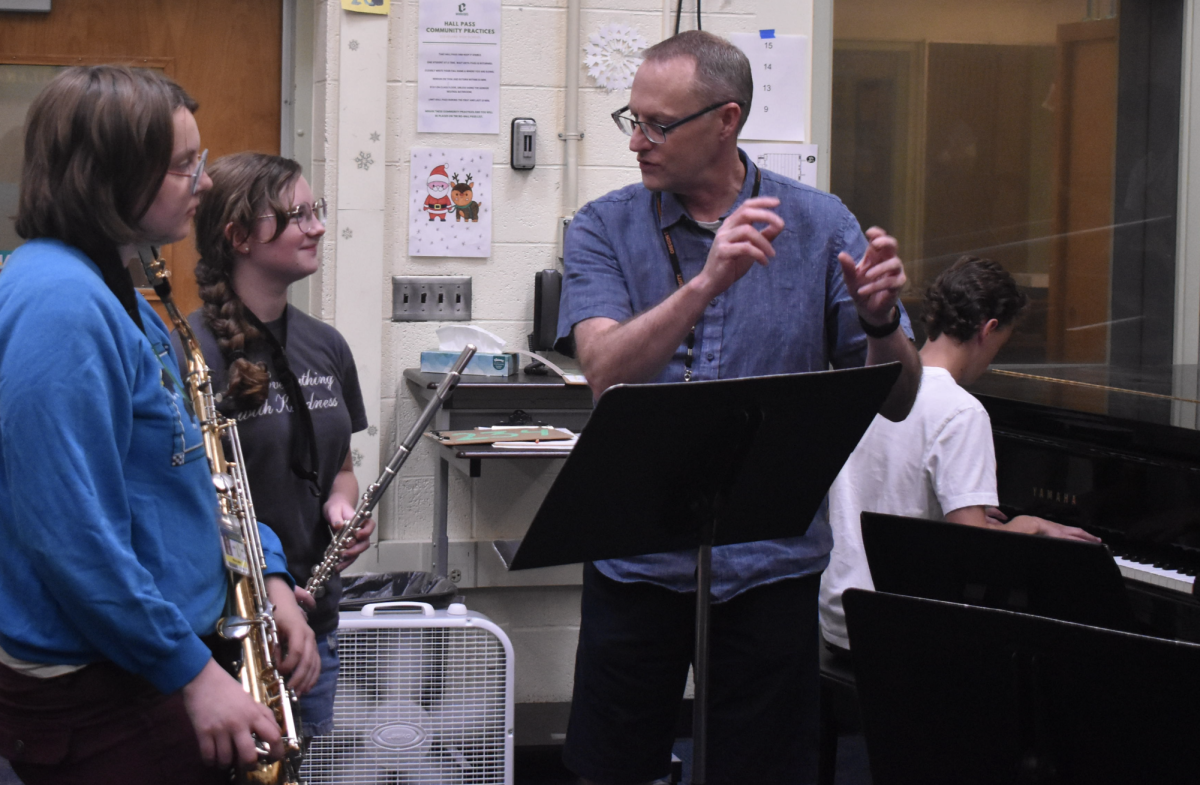When a Yondr salesperson first pitched their product to the Cleveland Climate team, Matt Sten’s initial reception was that the presentation was “a waste of time.” The pouches initially seemed “bizarre” and the quoted price (of $40,000) was so high it seemed that the product’s merits were meaningless, as there was no way for the school to afford them. That was in 2023, sometime in April. More than a year later, in June 2024, the PPS Board announced that they would provide the funding for any school that wanted to buy the pouches, but could not afford them.
The decision came as part of a country-wide and worldwide wave of similar programs. For example, France is testing a complete ban on phones in school for students under 15 years old, and Italy has reinstated a ban for all ages it introduced in 2007, but later relaxed. In addition, according to Education Week, 14 states across the country have enacted “policies that ban or restrict students’ use of cellphones in schools statewide or recommend local districts enact their own bans or restrictive policies,” including the nation’s two largest school districts: New York City and Los Angeles.
Many of these policies involve Yondr Pouches, which were created by Portland native and former professional soccer player Graham Dugoni. Yondr’s website states that he founded the company in 2014 in San Francisco because he believed that “Society would need protected places—something akin to National Parks––where the human spirit could thrive and creativity and productivity could flourish in the absence of technology.”
Since then, the products have been used everywhere from Chris Rock shows to Washington D.C. According to HigherGov (a site that tracks government contracts), the District has paid over $165,000 over the past two years to purchase the pouches for cell phone security in support of its bar exams.
In the grand scheme of things, both the PPS district’s purchase, and the District of Columbia’s purchase are only a small part of the revenue Yondr collects from its participation in a rapidly expanding market. According to its website, “Yondr pioneered the concept of phone-free schools and is the established industry leader,” and information from GovSpend, another government spending tracker, certainly supports that. According to the site, over the past eight years the company has collected over $2.13 million in contracts from school districts alone, and Yondr expects that number to rise.
At PPS, the funding for the pouches came from the high school success fund created by Measure 98, which according to the Oregon Department of Education, is intended to “Improve student progress toward graduation beginning with grade nine, increase the graduation rates of high schools, and improve high school graduates’ readiness for college and career.”
In Portland, this money flowed from the fund, through PPS, and into a grant for Cleveland and Grant, the only two schools that applied, that was “Only something that could be used on a product like, we couldn’t allocate the money to anything else, like staffing or purchasing things that we really needed throughout the school,” according to Vice Principal Danielle Cota.
Cota, a member of the Climate Team who approved the program, has found that so far, the pouches have had a “net neutral” effect on her job as vice principal, because the pouches have been effective in preventing “student interactions that are negative take place over social media…but it’s also, there’s plenty of people pushing back on the boundaries of it,” Cota said. This has changed the nature of the problem for Cota, who says that, “we’re dealing with different needs right now.”
According to Cota, the plan will be more successful than previous initiatives such as cell phone caddies because it is not “teacher-centered,” meaning that teachers do not have to enforce the policy directly, only report its violation to the administration, who will take on the responsibility of enforcing it.
According to teacher and fellow Climate Team member Matt Sten, “Research shows any system of phone management that is based on the teacher’s responsibility won’t work.”
Cota has seen evidence that the program is having a positive effect: “Anecdotally, we’re hearing that it has made things significantly better. That is the general sense across the board. I’ve gotten more thank yous from teachers than I ever have… for this.”









